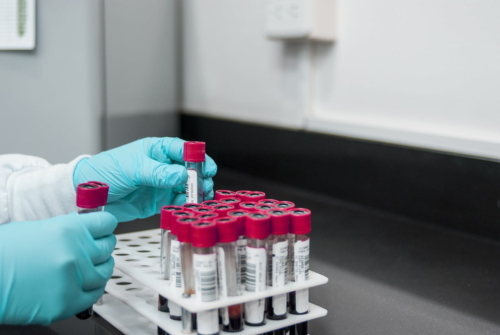Police Professional :: News :: Sussex defend use of HIV drug on bitten officers
Two officers who have been bitten by a man with HIV have been given medication, despite the risk of transmission being exceedingly low. The two PCs were on patrol in Norfolk Street, Brighton, on October 3 when they stopped to help an ambulance crew trying to deal with a man who appeared to be on drugs. They were assaulted as they attempted to get him back onto the pavement. A male PC was punched in the head, scratched and suffered other cuts and bruises. A female PC had her wrist twisted, was bitten on the arm and scratched on the face and arm. Both officers have now been prescribed medication for four weeks to prevent them from catching the virus.
The National Aids Trust (NAT) guidance for police officers states there is no known case of occupational transmission in a police setting and recommends that biting is not listed as a transmission route. The guidance notes many forces’ policies on HIV mentioned biting as a transmission route, it states that for HIV transmission to occur the person biting you would have to be very infectious, have blood in their mouth and have to bite you so severely that they pierced the skin deeply. Even then the risk of transmission would be low. There has never been a case in the UK of infection from biting and there have only ever been four possible reports of HIV being transmitted through biting, all of which occurred in extremely specific and unusual circumstances.
Chief Superintendent Nev Kemp, Commander for Brighton, said: “We accept that there is a minimal risk of infection, but the health and welfare of our officers is extremely important to us. The National Aids Trust (NAT) guidance to police forces suggests that HIV transmission as the result of a bite is an extremely low risk scenario, but not ‘no risk’, so as a precautionary measure our officers were sent to seek medical advice. On the strength of that advice, they were prescribed a course of treatment.”
“The medication will make both of the officers extremely nauseous for about a week but is necessary to try to reduce the chance of them catching an infection. What they are now going through highlights the enormous risks that officers experience each and every day to help keep people safe, putting themselves in danger to protect the public.”
Eleanor Briggs, Assistant Director of Policy and Campaigns at NAT, said: “NAT want to reassure people that there has never been a case in the UK of someone being infected with HIV from a bite (nor has a police officer ever been infected in the line of duty). The risk is extremely low and even then in only in exceptional circumstances. In reality HIV is difficult to pass on.”
During the incident a 47-year-old man from Brighton was arrested on suspicion of assaulting a police officer and possession of a controlled drug. He was released on bail until January 18




